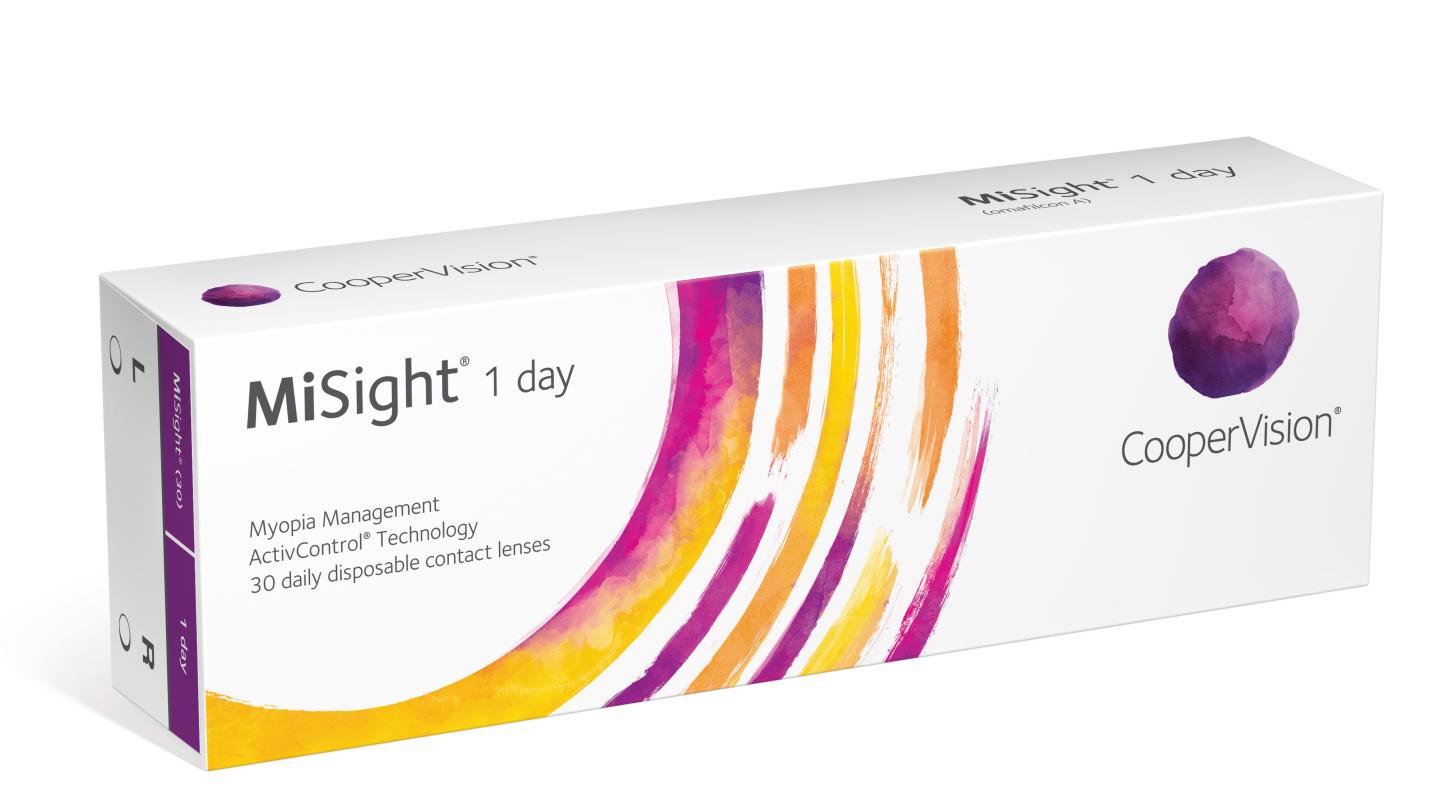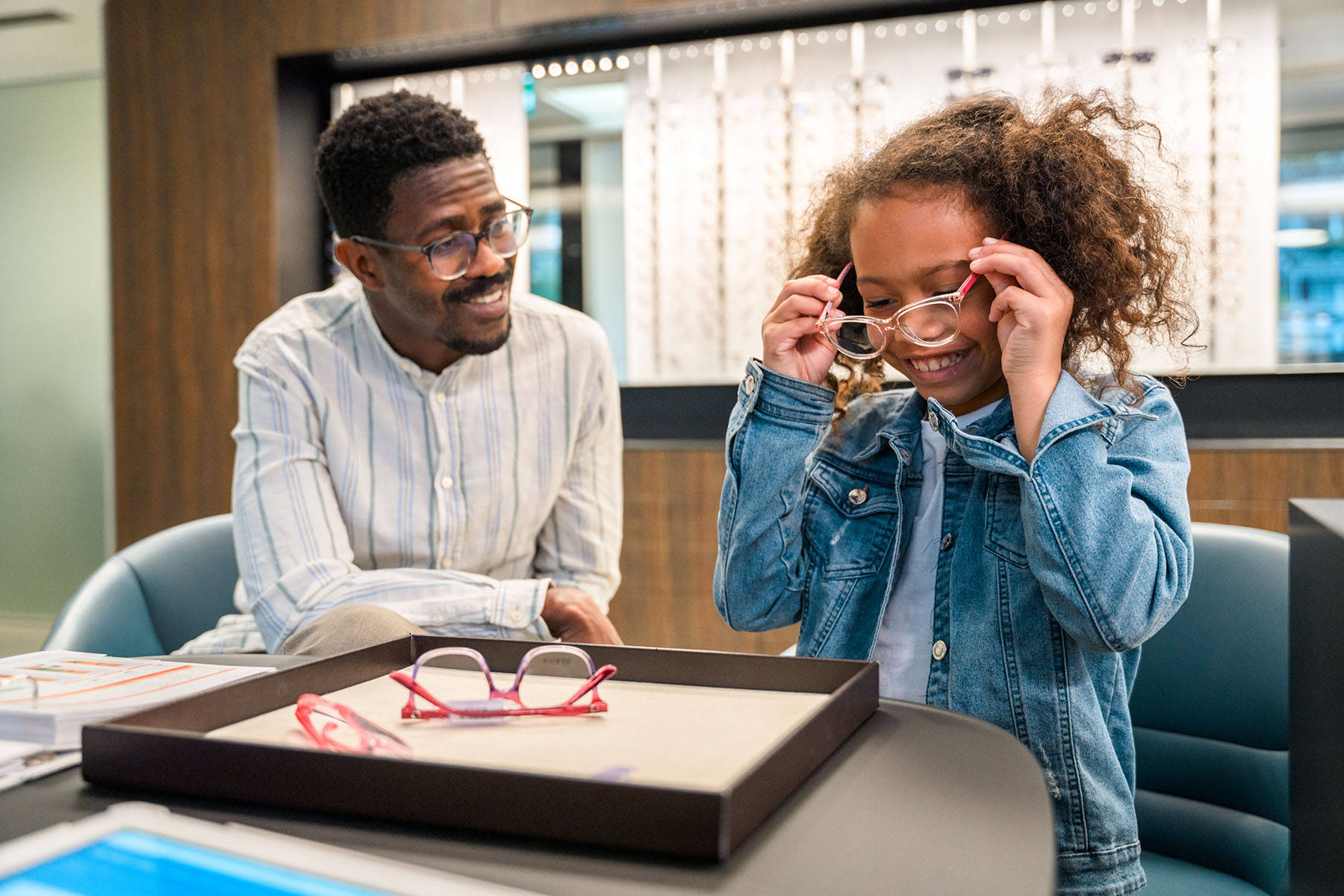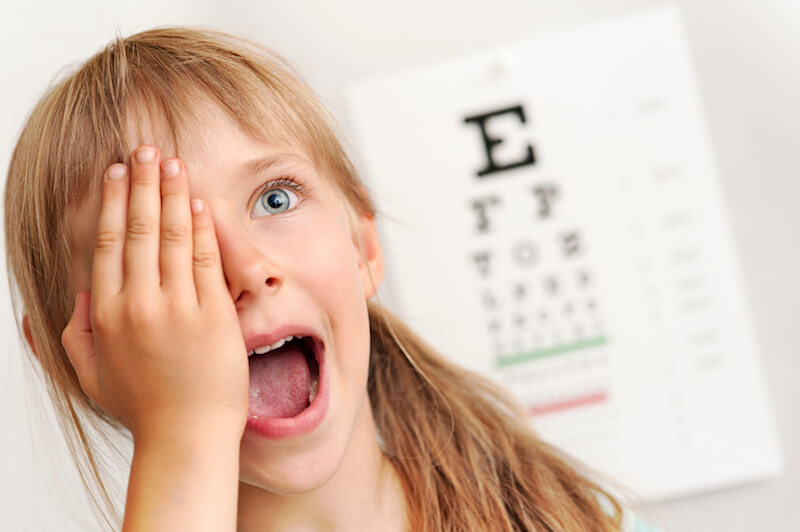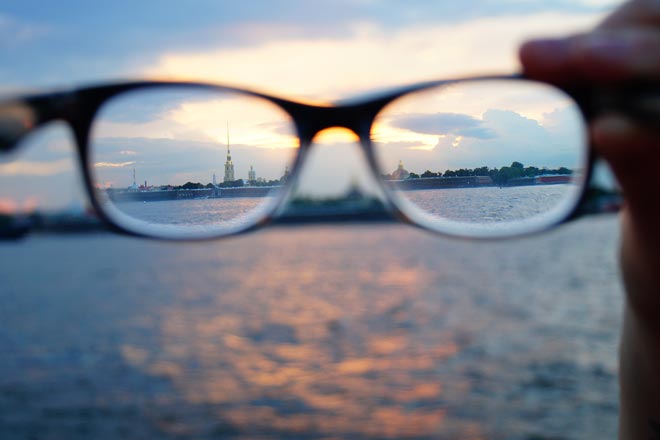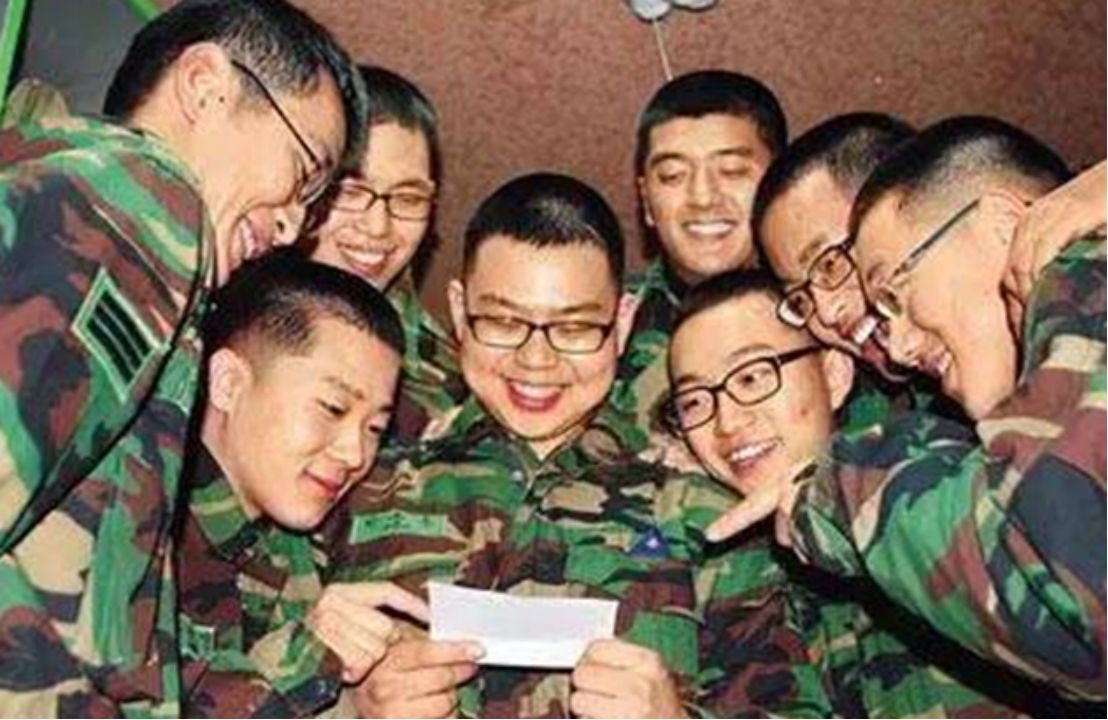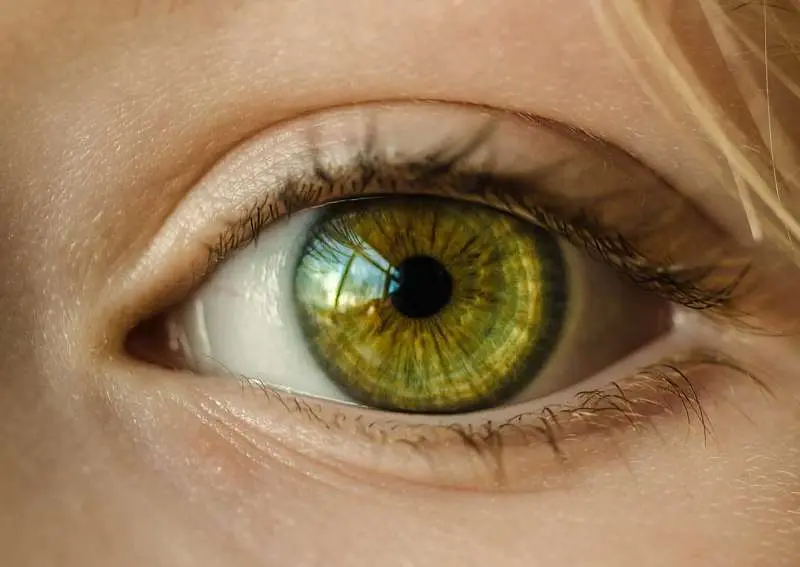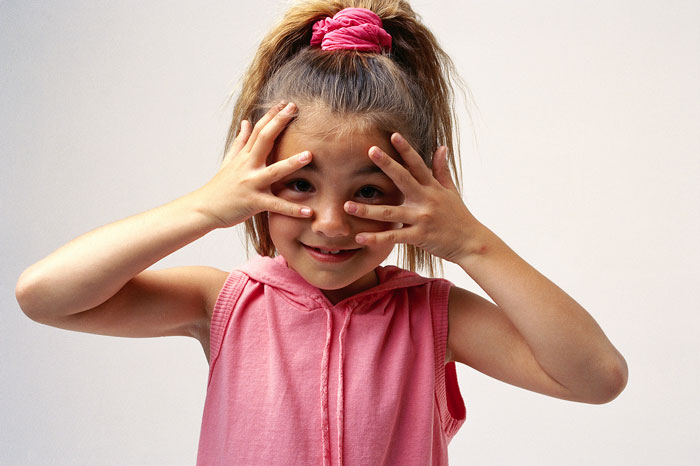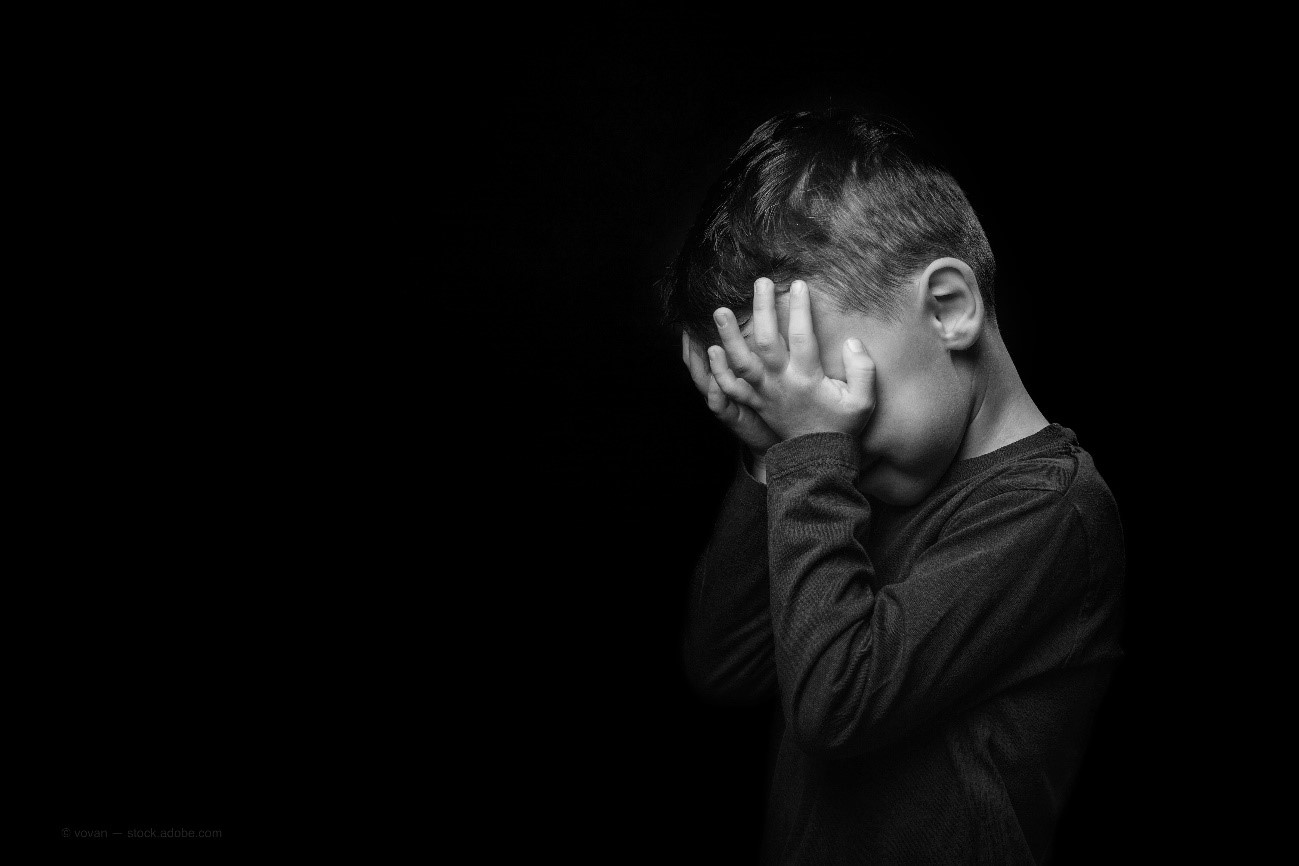Myopia, or nearsightedness, is a common eye problem in which close objects appear clear but distant things are out of focus or blurry. Myopia affects children and adults. It occurs when the eye focuses images in front of the retina instead of directly on it, resulting in blurred vision.
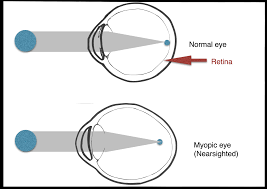
Myopia can develop when the eyeball grows too long and prevents light entering the eye from focusing directly on the retina.
This condition may develop due to several circumstances:
- Some people may inherit the disease or the predisposition to develop it.
- How an individual uses their eyes – children who spend little time outside are more at risk of developing the condition. Spending time outdoors encourages the eyes to focus on distant objects and is an excellent preventative against myopia development.
- When children spend most of their time focusing on objects up close, are 30% more susceptible to developing myopia.
Choosing the Best (and not the Worst) Nearsightedness Treatment for Your Child
Children diagnosed with myopia have the best chance of managing the condition. As it is detected earlier, the correct treatment is likely to slow down the progression of myopia.
The first choice for many optometrist for myopia in children is eyeglasses. Eyeglasses can provide adequate vision correction, but they cannot slow the progression of myopia, which typically worsens over time. If your child is mildly myopic, they may only need to wear eyeglasses for specific activities such as riding a bike or watching a movie. They may have to wear eyeglasses during all waking hours if they have more moderate myopia.
Eyeglasses can often be cumbersome for very active children who participate in sports and will not provide the peripheral vision correction to support intense activity levels.
Many people don’t know that eyeglasses with standard lenses only provide central vision correction, but the peripheral vision remains out of focus. These lenses are referred to as peripheral hyperopic defocus. This causes the eyeball to continue growing abnormally as it constantly tries to focus on a blurred peripheral image.
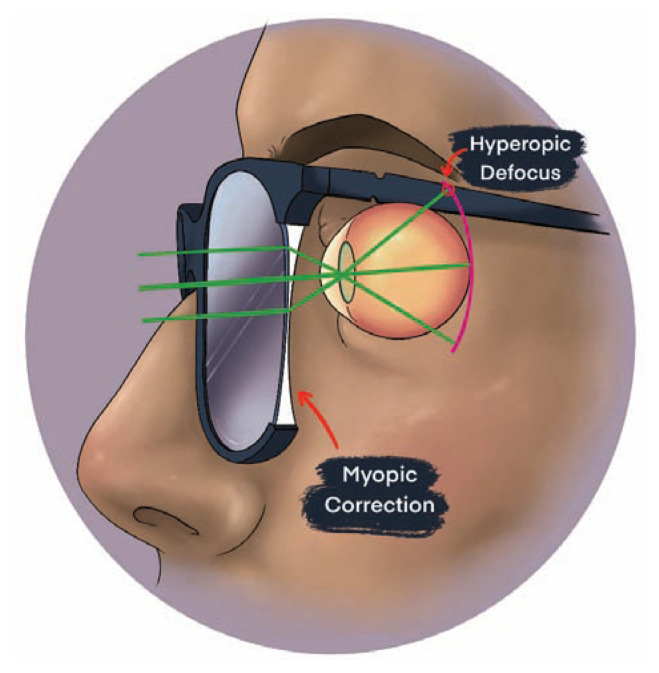
When children are diagnosed with myopia, there are decades ahead of them that, unfortunately, provide an opportunity for myopia to become more severe. If the condition isn’t managed when detected at an early age, it can lead to other visual complications, such as glaucoma, cataracts, or a detached retina.

Ortho-K lenses are also referred to as orthokeratology. This treatment is a non-surgical procedure. Your child will wear a custom-designed, rigid contact lenses that will gradually reshape the front outer surface of the eye. As pressure increases gently on the cornea, the Ortho-K lens flattens it and changes how light entering the eye is focused. Children are required to wear the lenses only at night.
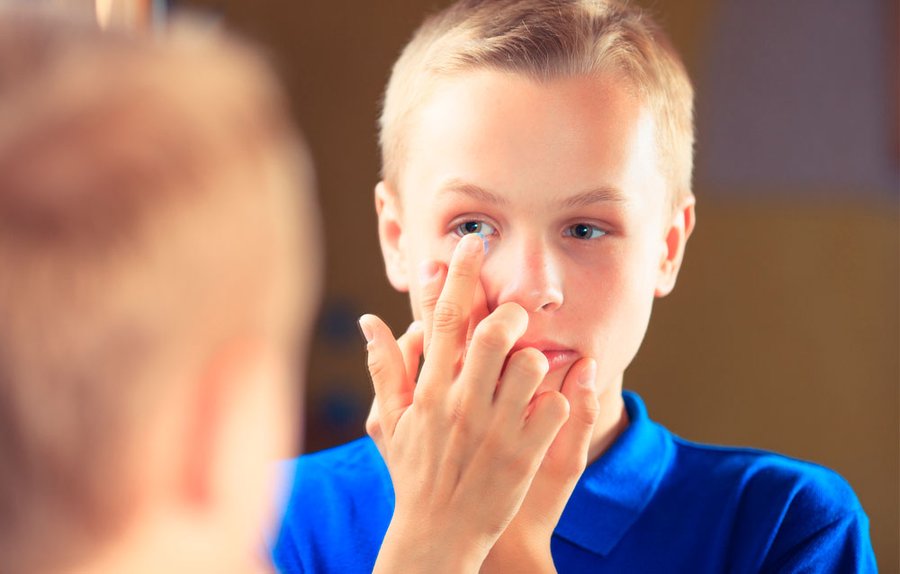
Ortho-K lenses are an exceptional choice to provide clear vision – including peripheral correction. Ortho-K lenses also support an active lifestyle and are very effective in slowing myopia progression.
Give Your Child the Gift of a Clear Vision for a Lifetime
Undoubtedly, Ortho-K lenses are the right choice to slow myopia progression in children. Moreover, this therapy provides clear vision, peripheral freedom, and quality of vision. Ortho-K lenses accommodate active children who participate in sports as well. Most importantly, Ortho-K lenses slow myopia progression, protecting your child’s vision for the many years ahead of them.
Schedule your child’s eye exam at Centro Fernandez-Velazquez today and learn more about Ortho-K lenses, including if your child is a candidate for this treatment of myopia.
Keeping your eyes healthy at all times
As trusted eye care providers in Madrid, we service patients suffering from chronic eye issues. If it’s time for you to see an eye doctor, Centro Fernandez-Velazquez can help you to make your appointment. At Centro Fernandez-Velazquez, we have provided the best eye care services for many years in Madrid for the English-speaking community for more than 20 years. You can check our areas of speciality and qualifications here.
Call us today at 915 417 419 to schedule your first in-person consultation. If you need further information, you can contact our office here.
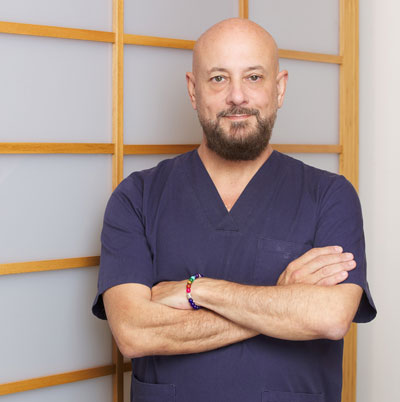
Dr. Fernando Fernandez-Velazquez was born in Madrid, and attended University of Madrid, where he majored in Optics. He then received his Doctor of Optometry degree at New England College of Optometry located in Boston, Massachusetts.
He continued his optometry education and completed a program with emphasis in Contact Lenses and Ocular Diseases at City University of London prior to becoming a member of the British College of Optometrists.
Fernando has also worked as an Optometrist in the Hospital Eye Service and has successfully supervised a number of student Optometrists through their pre-registration training.
